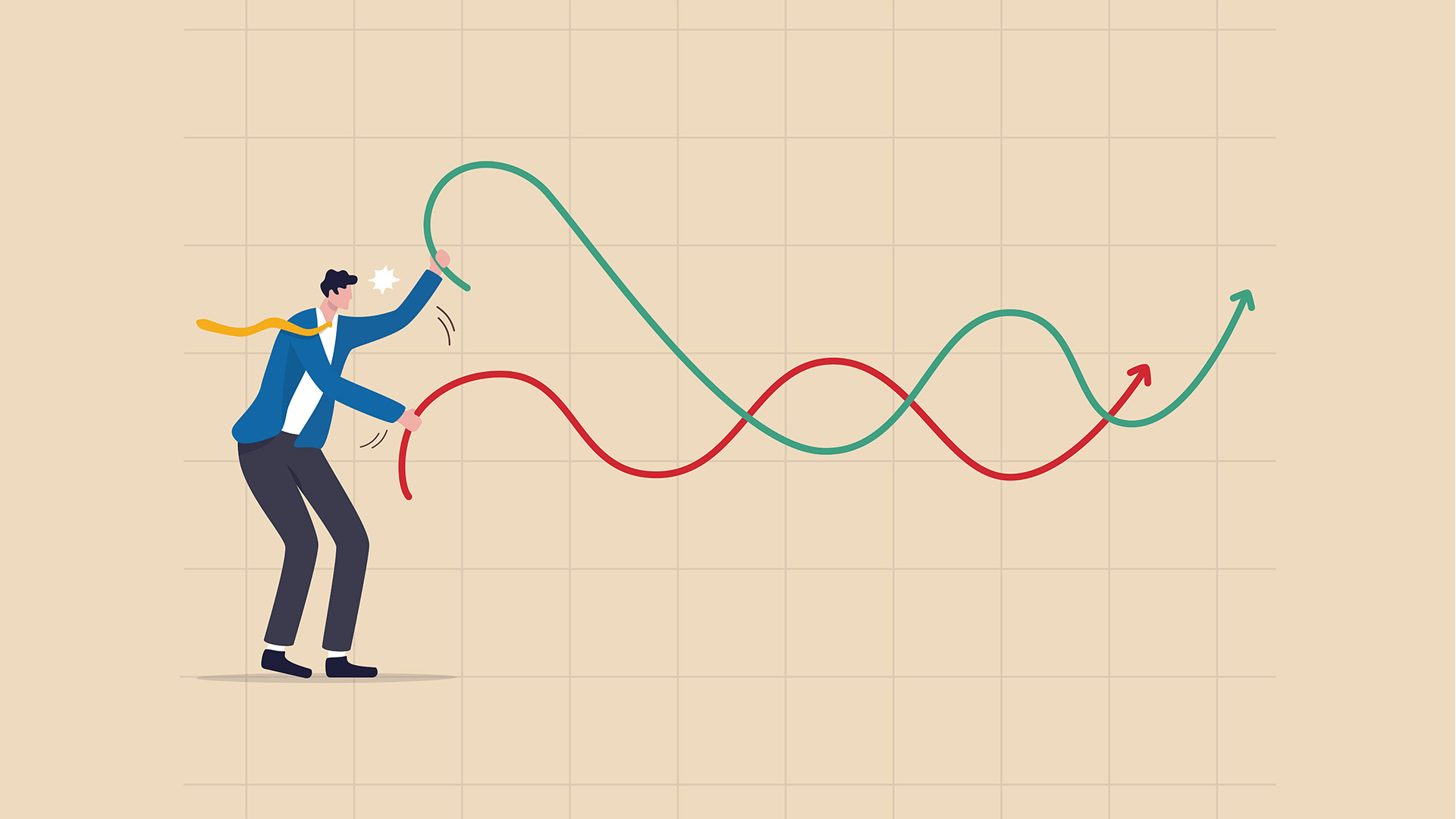What, then, will the Reserve Bank make of Thursday’s data drops ahead of its monetary policy decision next Tuesday?
House prices continued to fall last month and new private capex again eased in the September quarter.
That was after inflation eased last month.
Of the three, the weak investment report will be the main concern while the weaker inflation reading will be noted but discounted because it’s from a totally new statistical series from the Australian Bureau of Statistics (ABS). The slide in house prices for another month, however, will bring a smile to the dial inside the boardroom.
The ABS said new capital expenditure data for the September quarter fell a seasonally adjusted 0.6% which left it 1.7% higher year-on-year which was down from the 2.1% rise in 2021-22.
The fall was a surprise given the market was looking for a rise of 1.5%.
The quarterly fall was driven by a 1.6% fall in Equipment, Plant & Machinery and mostly in mining as a series of major iron ore and energy projects ended their construction phase.
The 0.6% fall in the September quarter followed an upwardly revised flat outcome for the June quarter which was originally reported as a fall of 0.6%.
Given the weakness in 2022 investment, intentions for the current 2022-23 year surprised with a solid rise to a five year plus high of more than $155 billion in the 4th estimate for the year.
That was 5.6% higher than the third estimate for the current financial year. More importantly, it is 12.4% above the 4th estimate for FY2021-22, which ended up at around $142 billion at June 30.
And while the continuing weakness this year is a concern, the strengthening outlook for next year is a big positive, even as fears about rising interest rates, high inflation and weak demand (especially in China) abound in market commentary.
Wednesday’s monthly inflation indicator’s dip from 7.3% to 6.9% was a surprise which will not be taken too seriously by the RBA because the new monthly series has just started and has to settle down and produce a history of outcomes that can be supported by future quarterly CPI reports.
House prices, though, fell in November, a development that confirms to the RBA that its aggressive tightening of monetary policy continues to hit the overpriced property and housing markets.
CoreLogic reported national property values dropped by another 1% in November and are now down by 6.9% from their high, having seen their steepest fall in the last forty years.
The AMP’s chief economist, Shane Oliver said “rising mortgage rates are the main driver of the slump and there is likely more to go. Since April a buyer on average full-time earnings with a 20% deposit has seen a 25% decline in their home buying power.”
He pointed out in a note on Thursday that while the time taken to save a 20% deposit to buy a home in Australia has fallen, it’s still double mid-1990s levels.
“We continue to expect a 15-20% top to bottom fall in home prices out to the September quarter next year, as the full impact of rate hikes flows through and as economic conditions slow sharply into next year resulting in rising unemployment, followed by a gradual recovery,” Dr Oliver wrote.
Sydney saw the median house value fell another 1.5% per cent last month. The median house value in Sydney has fallen to $1.243 million, a drop of $170,000 or 11.9% since its peak at the start of the year.
In Melbourne, house values fell by 1% in November to be down 8.1% per cent so far in 2022. The city’s median house value is now $915,000, a drop of almost $90,000 since its COVID peak recorded at the start of the year.
CoreLogic research director Tim Lawless said the drop in November was the seventh consecutive monthly fall in values but the 1 per cent decline was the smallest since June.
He said it appeared the pace of decline was abating, driven by the Sydney and Melbourne markets.
“There is still the possibility that the pace of declines could re-accelerate, especially if the current rate hiking cycle persists longer than expected,” he said.
“Next year will be a particular test of serviceability and housing market stability, as the record-low fixed rate terms secured in 2021 start to expire.”












